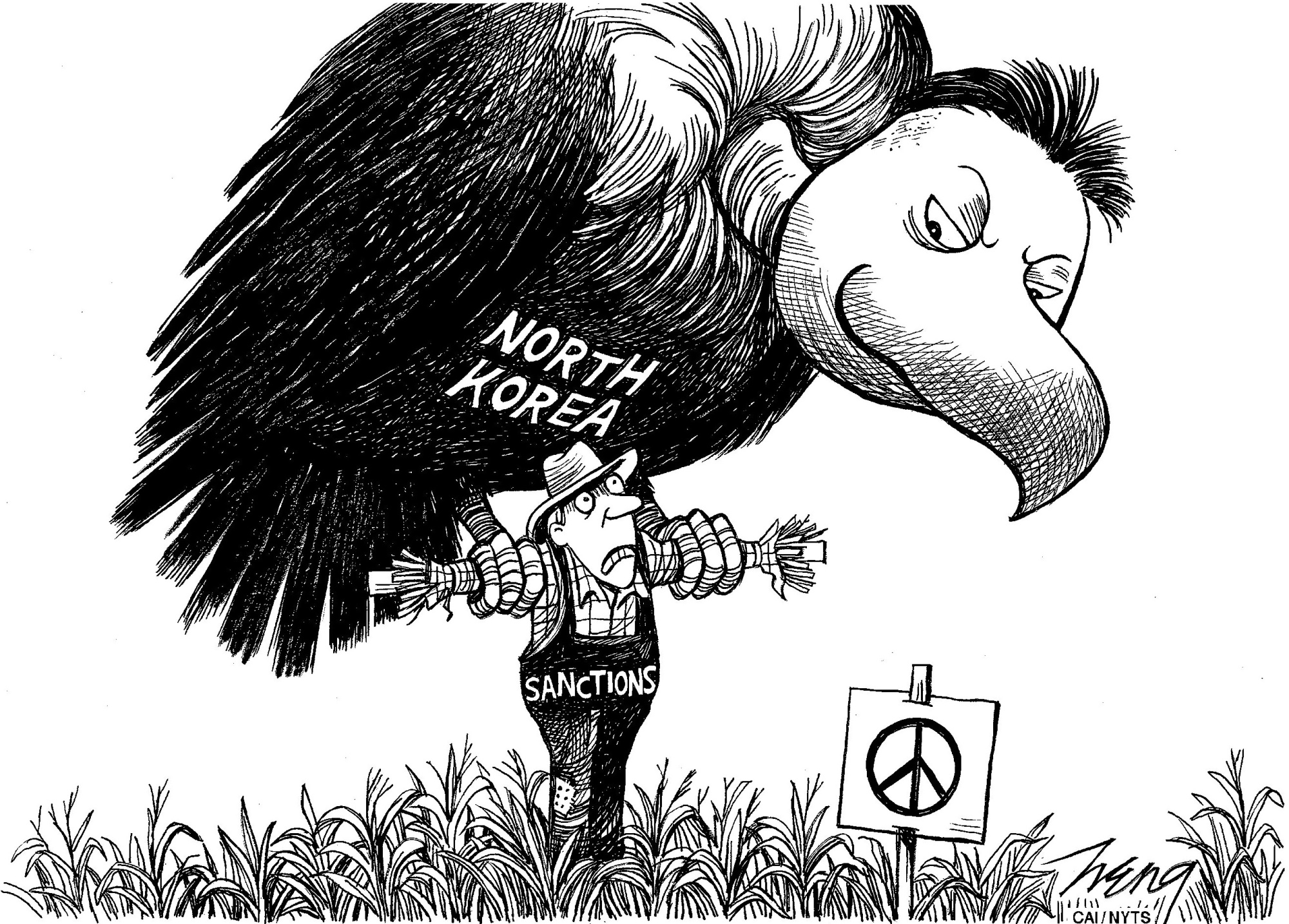In September, the United Nations Security Council responded to North Korea's sixth nuclear test by adopting a resolution to cap crude oil exports to the country at the level of the past 12 months. While the United States had pushed to completely cut off the oil supply, China and Russia staunchly advocated a more cautious approach. Setting the cap on oil exports represented a compromise between the two sides.
Like previous rounds of sanctions, the cap on oil exports is a rather half-hearted measure, and its efficacy remains in doubt. Indeed, prior sanctions against North Korea have without exception yielded inconclusive results. Among them, however, certain measures have elicited squeals from North Korea.
In fall 2005, the U.S. Treasury Department accused Macau-based Banco Delta Asia (BDA) of involvement in laundering money for the North Korean government, prompting Macau banking authorities to freeze North Korean accounts at the bank. The total amount held in the frozen accounts was roughly $25 million.



